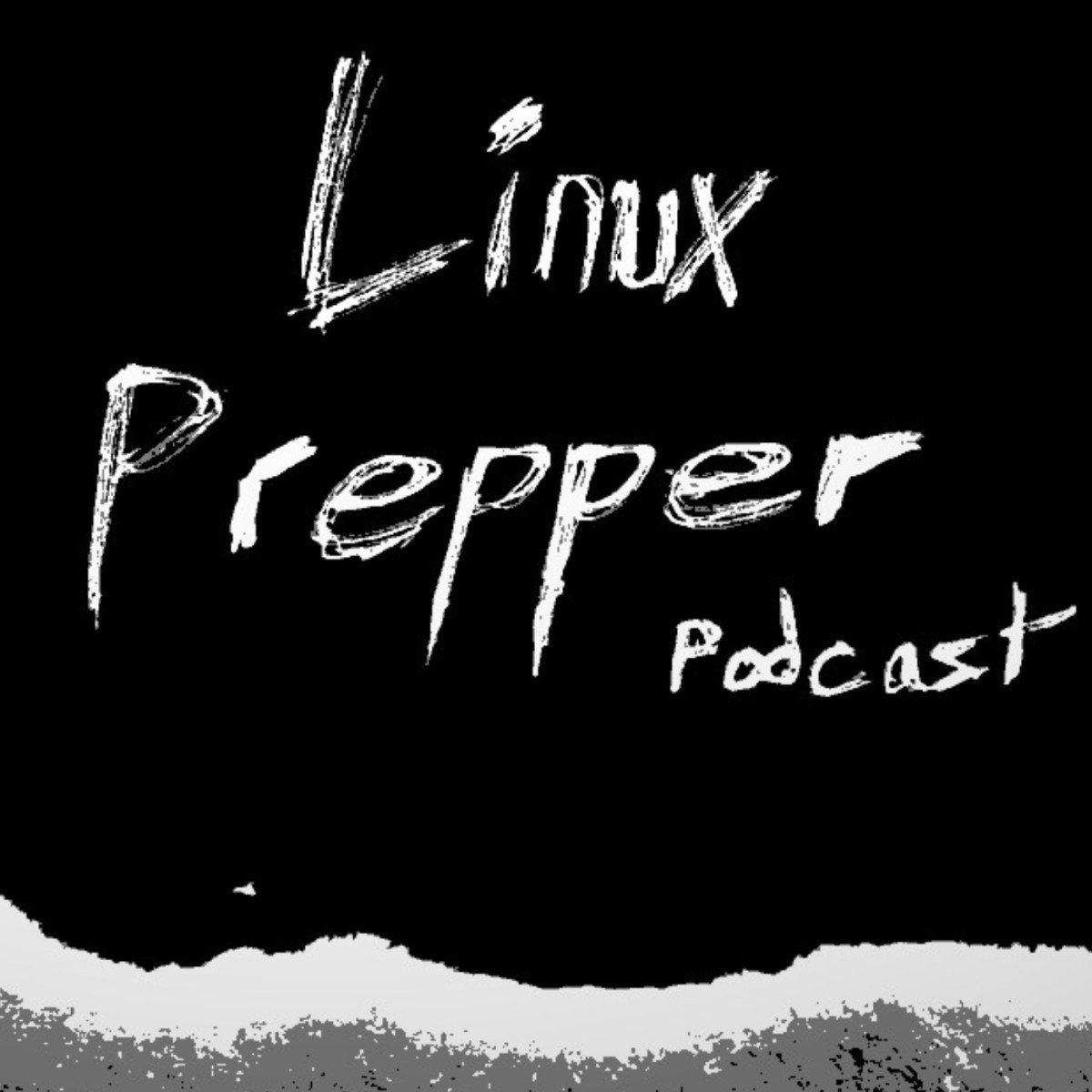- cross-posted to:
- fediverse
- technology
33
- cross-posted to:
- fediverse
- technology
Where to Begin
podcast.james.networkTimestamps (00:24) Happy 2025! (00:34) Hungry Bogart interview on Linux Prepper origins and background on Medium. (01:00) Episode Overview (01:45) Audience Feedback What is Matrix and why do we have a Matrix chat. Join it here. (02:50) Discussion forum now live for the podcast and eventually Living Cartoon Company, my theatrical work. (03:20) SeaGL Gnu/Linux Conference from October Found through Steadfast Self-hosting. Book also on Github (08:00) There is more to this podcast than just technology in terms of computers. Also relates to making musical instruments, electronics, recipes, DIY, hardware (09:15) My audience expectations is you want to learn more. You are someone happy to learn more. You will be inspired to take initiative. Basic web searches like “Linux Password Manager” to learn. Markdown is how this is written for you. Bullet Journaling Password Managers Where to Begin (12:00) Everyone starts hosted. No shame in it. But, when to try selfhosting on your device? Encounter a limitation like sharing multi-terabytes of data, when my hosted storage is smaller. Get a “homelab” with any old machine. Give yourself a reason to learn. (15:00) Basic services you can experiment with to begin your own homelab of internal devices Avahi, mDNS for treating your device as hostname.local for printing, Samba and more with zero configuration. Edit avahi-daemon.conf with whatever stand-in hostname you want DNS Server, popularly done with Adblockers like Pi-hole and Adguard Home, plus Unbound with a blocklist. Sync multiple failovers of these using Orbital Sync for Pi-hole or adguardhome-sync My personal preference is Adguard Home alongside Unbound and Adguardhome-sync. DHCP Server (requires router access) to use something like the above services to set static routes and DHCP reservations for your devices in a saner manner. I personally enjoying setting all of my device IP assignments based on MAC addresses. Expanding beyond DNS and DHCP (19:00) Buy a domain yourself using a service like Porkbun.com or, try an open source, dynamic dns provider like duckdns.org (19:30) Reverse Proxy to access your services with valid https, either publicly and/or locally only. No more http warnings in the browser. <- nothing makes friends and family less interested in our service. No more remembering IP addresses or port numbers. Classier than simply using avahi as hostname.local:$port avahi still serves as a nice fallback Local only https is totally doable thanks to DNS challenges. Your application doesn’t have to be public. There are tons of reverse proxies to choose from! I don’t want to recommend one over another. Which do you prefer? All of these services are ones your friends and family will use, whether they know it or not. (22:05) What services do you actually host for your friends and family? Let me know! [email protected] State of the Podcast (22:30) Paypal donations accepted (23:00) Podcasting 2.0 support enabled (24:00) Now using studio monitors for reference in better recording and mixing the show.
More comprehensive show notes on the flarum forum. Enjoy this federated, self-hosted foss podcast about DIY and learning. Looking forward to expanding it to include more DIY, hardware and other sorts of projects like cooking and music. Added mixing through Stereotool, run off my old Pi.



No offense, but this literally talked about nothing at all. The last half is just some ideas that don’t follow a cogent line from one thing to the next.
You should try writing a script about a topic, and sticking to it . Especially if you don’t feel comfortable about speaking off-the-cuff facts about what you’re delivering. It connotes a lack of understanding and knowledge about a subject.
Ask yourself when speaking about something: if a listener took something away from this speech, what would it be? Then write for that prompt.
Will do
I hope it’s alright that I add to this a little.
What draws me to podcasts are the topics that are talked about but what gets me to stay is the host(s). I heard in your first episode that you do masonry and landscaping. I’d love to hear more about who you are and how you ended up selfhosting. How did a masonry worker find themselves this deep in tech? Thats super interesting. (Please don’t take that the wrong way, I work in construction yet here I am)
The 3 episodes you have could totally be split up into multiple episodes if you slow down and thoroughly talk about each topic and how they related to your situation.
You tend to give some hypothetical problems that your listeners might be trying to solve with a few solutions but I want to know what problems you had, how you solved it, and how you might have iterated on that solution and made it better. And in the next episode, what did you tackle next? I want to hear your journey episodically 🙂
Anyway, I’m subscribed. Good luck
Thanks for sharing. Trying to address your thoughts in the new episode: https://podcast.james.network/@linuxprepper/episodes/byebye-raspberry-pi
I’ll DM you in a bit but real quick I just wanted to say I thought you improved in this episode. Great work
Right on, I appreciate the follow up. Cheers!